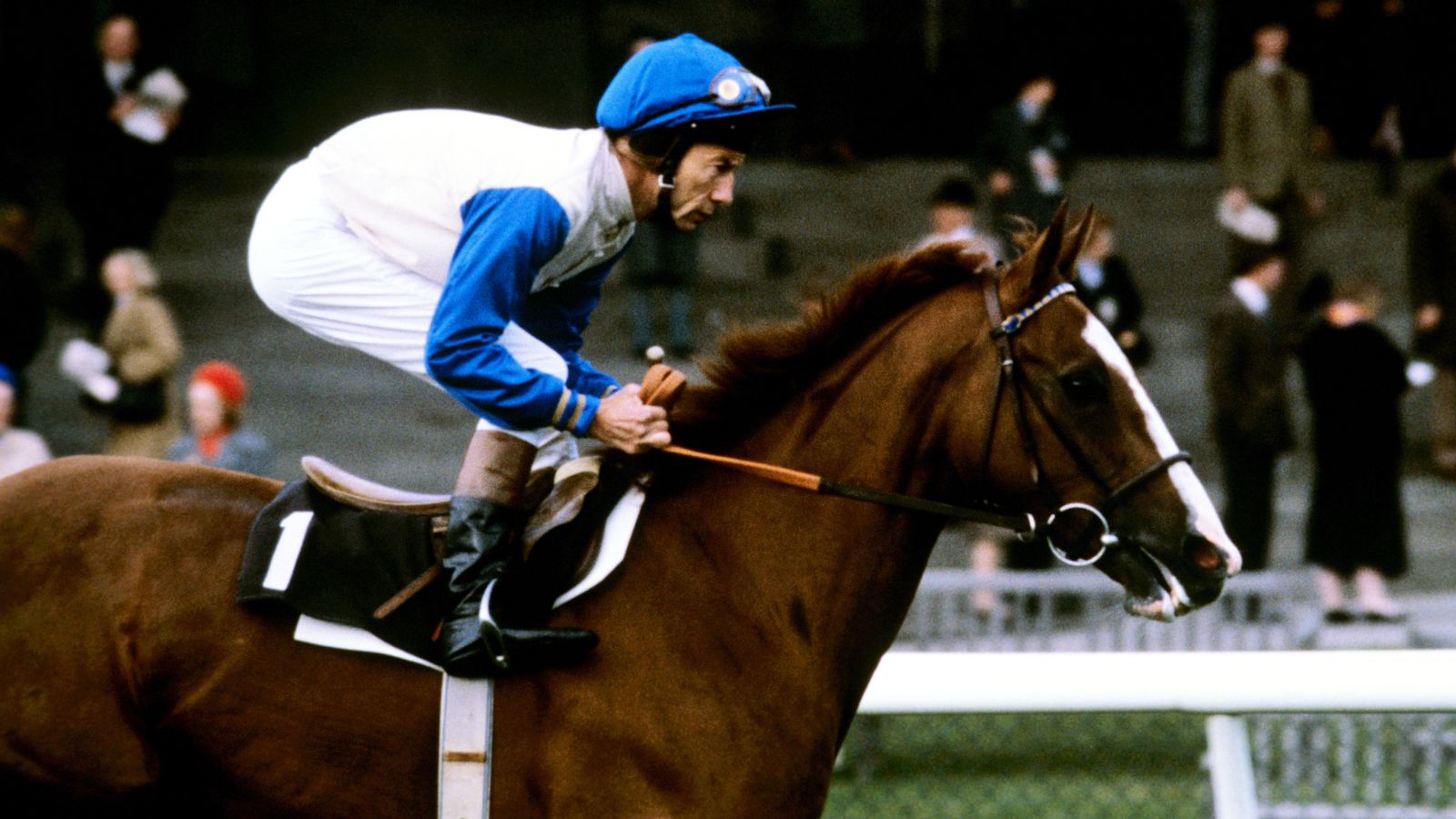
Over the past two years, more than 5,000 people have volunteered to help the state government quell the pandemic through a program called Maine Responds. Leading the contingent of volunteers has been Sadie Faucher, who came to the Maine Center for Disease Control and Prevention on Jan. 4, 2021, during the height of the pandemic. It was her first job in public health.
Since then she has helped grow the number of volunteers by 57 percent, put them through an extensive vetting process, trained more than 1,400 volunteers, and ensured they assisted with contact tracing, testing patients for COVID-19, vaccinating the public, and providing psychological care. Volunteers have logged 40,840 hours during the pandemic, representing a total monetary value of about $1.5 million.
This spring, she earned the Maine Public Health Association’s Rising Star Award for her leadership in rallying these volunteers.
The following interview has been condensed and edited.
Erin Rhoda, Bangor Daily News: How did you become the volunteer management coordinator at the Maine CDC?
Sadie Faucher: I come with 10 years of direct experience in policy, advocacy and volunteer management. I had just come off the election, making sure that our elections in Maine were safe, secure and accessible, and ensuring that there were enough poll workers at every polling location across the state in 2020. That was my work. I knew that I really wanted to continue to make an impact in Maine. I saw a job posting online for this position. I never knew that my position even existed, that I currently have, and I applied. It’s been the most rewarding and best career move I’ve ever made.
We like to say working a year in the pandemic is the equivalent of working four years. It was really great to come in, I think for me, as a fresh face, because I had that renewed energy to really allow us to move forward in the second phase of vaccination during the pandemic.
BDN: You have deployed about 13 percent of the Maine Responds volunteers. What are some of the most important roles that these volunteers have played in responding to the pandemic?
Faucher: I think some of the biggest and most crucial roles have been the vaccination effort. We have had certain volunteers that have given the equivalent of a full-time work year to vaccinate fellow Mainers.
We have had volunteers step up, I think most remarkably, in supporting long-term care facilities when there have been staffing shortages during an outbreak. Those few that have stepped up to do that, it’s such crucial work. As well as our volunteers have stepped up for testing initiatives. That is a hard ask if you are asking people to go into an environment where they are most likely going to be interacting with people who are positive for COVID, but you don’t know. There is more risk involved with that, but people are stepping up.
BDN: Can you share any specific stories of volunteers who have given much of themselves?
Faucher: I think there’s a great story of one of our volunteers. This person, they decided to step up to help during our mobile vaccine effort across the state. We were set up in Fryeburg. They were from the midcoast area. I just remember one of the staff asked, “Why’d you come all the way to Fryeburg, in western Maine?” The big reason was that she loved the fact she could make a vacation out of it because she brought her Airstream. She ended up traveling to other stops, including all the way up to Madawaska to make it a trip to get out, enjoy nature but also to give back to the community.
I also think back to my volunteers who came every single time I asked or every single day. … They knew their roles. The growth that happened was substantial. To watch them need to be trained on something to then training people themselves, to watch that progression up the training ladder is exactly what you want to see in volunteer management. Our volunteers just continued to show up every day.
I had a volunteer who would travel to multiple locations across the state to help support me. They lived in Down East, Maine. That included asking them to drive up to Calais to get there by 7 a.m. and sit in a very cold community center — many of us learned to wear long johns — to give vaccinations to children and adults in that community. This volunteer also supported vaccinations to help support migrant farm workers and wreath workers up in Washington County as well.
BDN: There is a lot that volunteers have done, and they have played an essential role in the response. Should we have to rely on volunteers? Why are volunteers a part of this in the first place?
Faucher: An issue that’s been exacerbated by the pandemic is the need for health professionals in Maine. It is so crucial to rely on volunteers. These volunteers are generally retired, so they come with years of experience in their field.
Volunteers can crucially add a large enough support to a workforce to allow for full-time staff to focus on those more critical needs, whether it be in the ICU or elsewhere. Those volunteers can help with general bed sitting, or helping be a greeter or screener in your hospital during the height of COVID. It just really allows for that extra surge capacity when needed. That’s what these volunteers are trained for, is that surge support.
BDN: Are you still needing volunteers to sign up, and what are the needs now as opposed to a year ago?
Faucher: We are still definitely in need of volunteers. I think the biggest thing is … folks like myself think, “Oh, I can’t sign up for that because I don’t have a medical licensure.” That is not the case. We need every facet of human in our communities to step up. You’re not committing and saying, “I’ll be there at 10 a.m.” All you’re doing is getting into a database that allows you to be pre-credentialed. That way, when the time comes, you will hear of that need and have the option to raise your hand and say, “I would like to respond to this.”
BDN: Personally speaking, how has the pandemic changed you?
Faucher: It’s significantly changed my life. … Before lockdown happened, in February 2020, I contracted mono. I remember this distinctly because, when I went to the hospital, they thought I had COVID. I did not. I had mono. I like to say I was on lockdown longer than anyone else because I was on bedrest from February 2020 to about the end of March. It significantly impacted my immune system to the point where I was very unwell. My mother actually had to fly up to take care of me from Florida. She stayed with me to nurse me back to health, and then during that time became stuck in Maine because of lockdown.
What changed was we realized that the family value really came back. We decided to begin cohabitating again together and looking at building that family home again. I wouldn’t be able to do the work that I do, including those long hours or 80-hour weeks, without the support of my family. Because that required them to help step up, whether that was making sure there was some sort of healthy meal for dinner by the time I’d get home by 8 or 9 o’clock, or helping with my laundry. Those very small things improved my quality of life.
I feel, oddly enough, I’ve had this huge growth within my own personal life during this pandemic and just time to reflect and really figure out what values I hold dear and what values I don’t. It takes those life-changing events to really cause that to happen, and I know I’m not the only person who’s taken stock of their lives. I’m extremely privileged that I haven’t had anyone close to me contract COVID.
BDN: You were able to build that family home again?
Faucher: Yes. We’re very happy. We have a lovely home all together now — with our two separate areas of the house, an in-law suite, as you would say. I was very lucky that we were able to find, even in this housing market, a house that hit everything that we need. Now, for instance, I go from doing this busy work, when I work at home, I take a break mid-day, and I go check on my chickens. Because I have chickens now. It allows me to have those few mental health breaks during the day where I’m physically disengaging myself from my work.
That’s been one of the biggest changes, I would say. I take care of myself more because I realize I can’t support others, and I can’t manage volunteers the most effectively that I can, if I’m not taking care of myself first. Which is a hard thing to do when you are someone who just wants to give all of themselves to their community.
BDN: How will things change next? What’s on the horizon for Maine when it comes to COVID-19?
Faucher: I’m not a medical professional or an epidemiologist at all, but I think we’re going to follow continued ebbs and flows. … It might just become a part of life for the future. We just always need to make sure we have those well-fitting masks nearby, and when new boosters come out that everyone is regularly getting that. I think always having access to safe, secure and accurate testing is important. Making sure you have those stockpiles in place, as well as making a plan for if you do have COVID, to get the medication, Paxlovid, for instance, to ensure you’re able to recover faster and not have such a severe illness from COVID.
I think that’s the landscape across the country — and not just across the country but across the world. We do live in a global society, and we’ve seen that very much with everything. We just have to look at things differently, and just be safe not only for ourselves but our community members around us.










